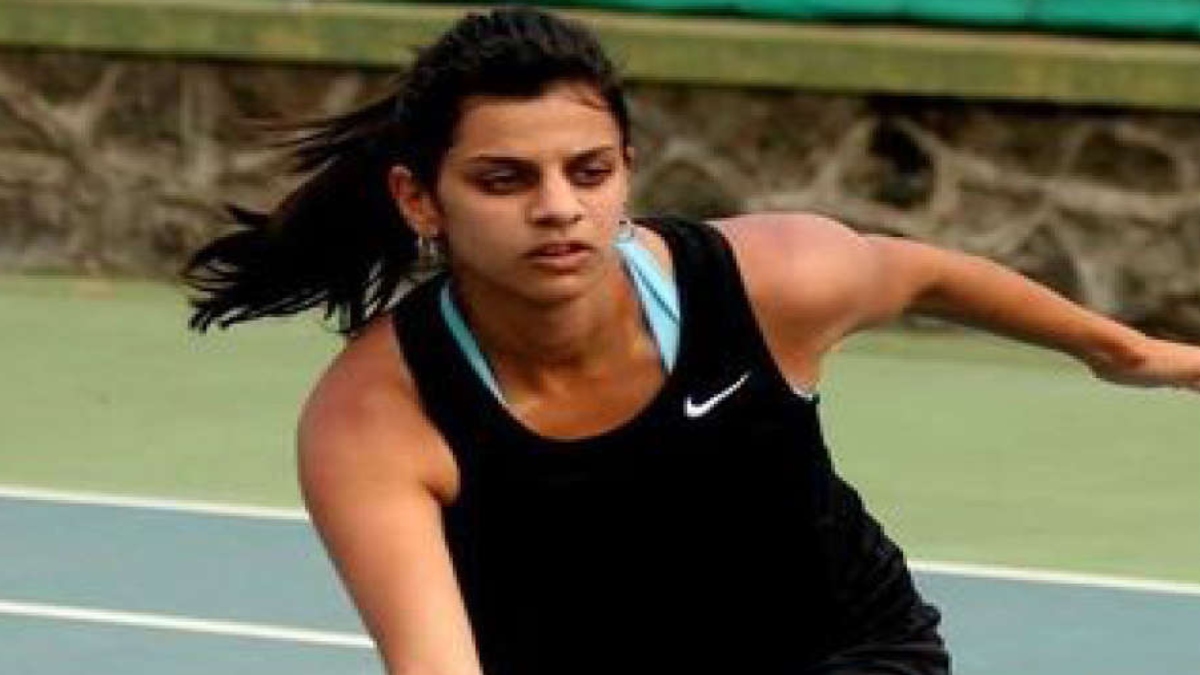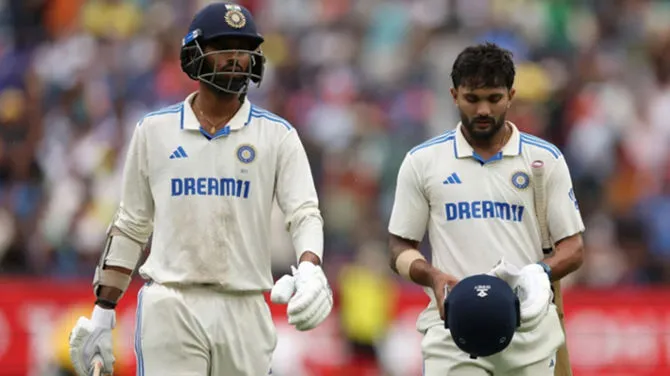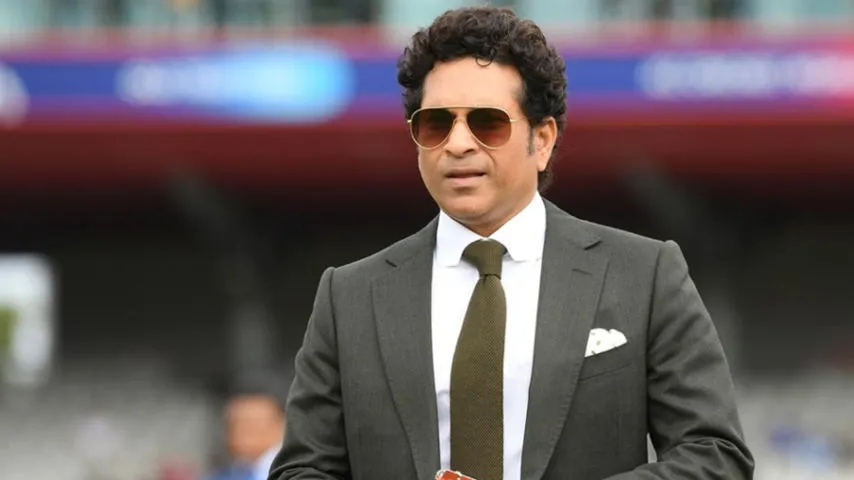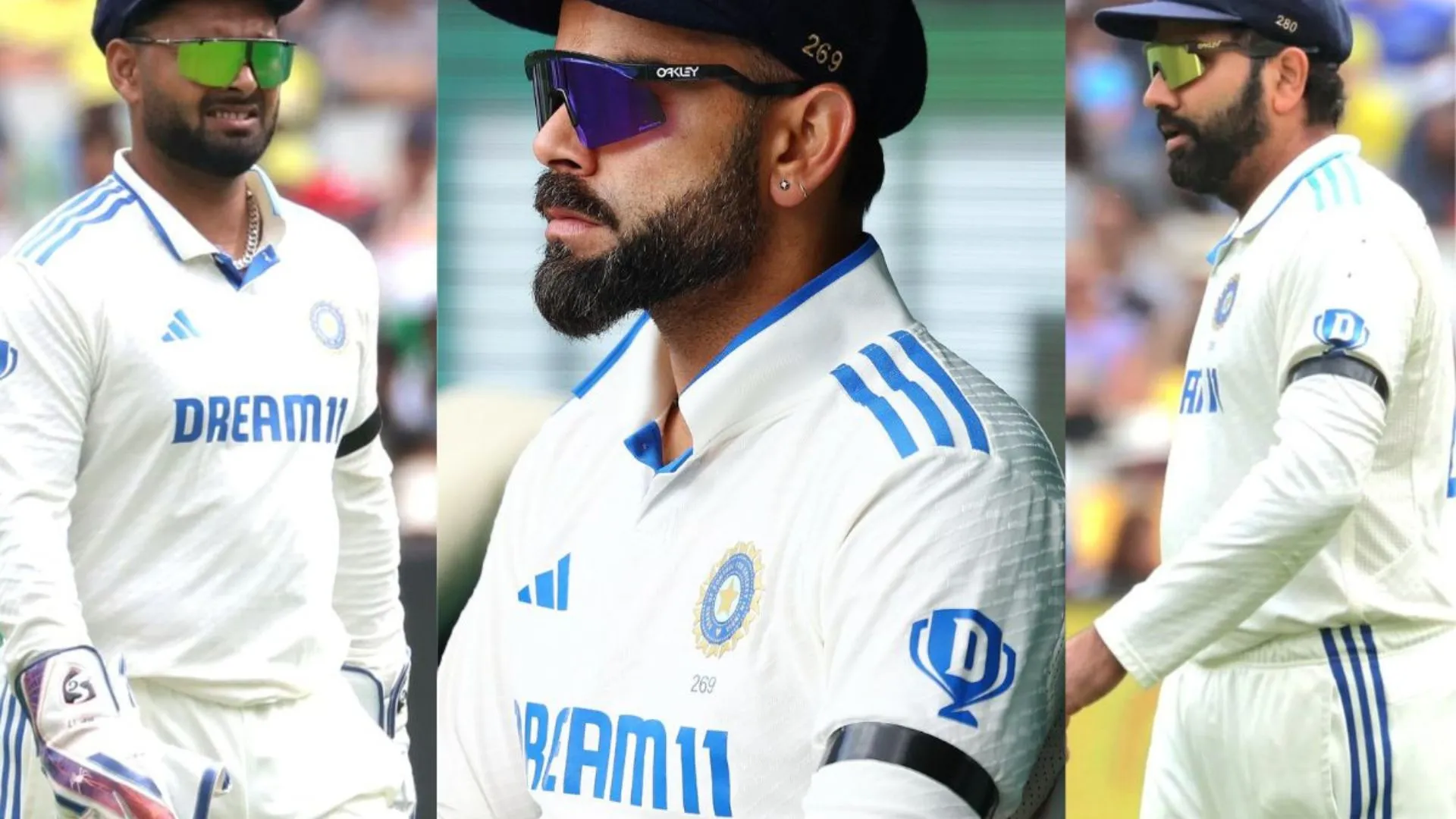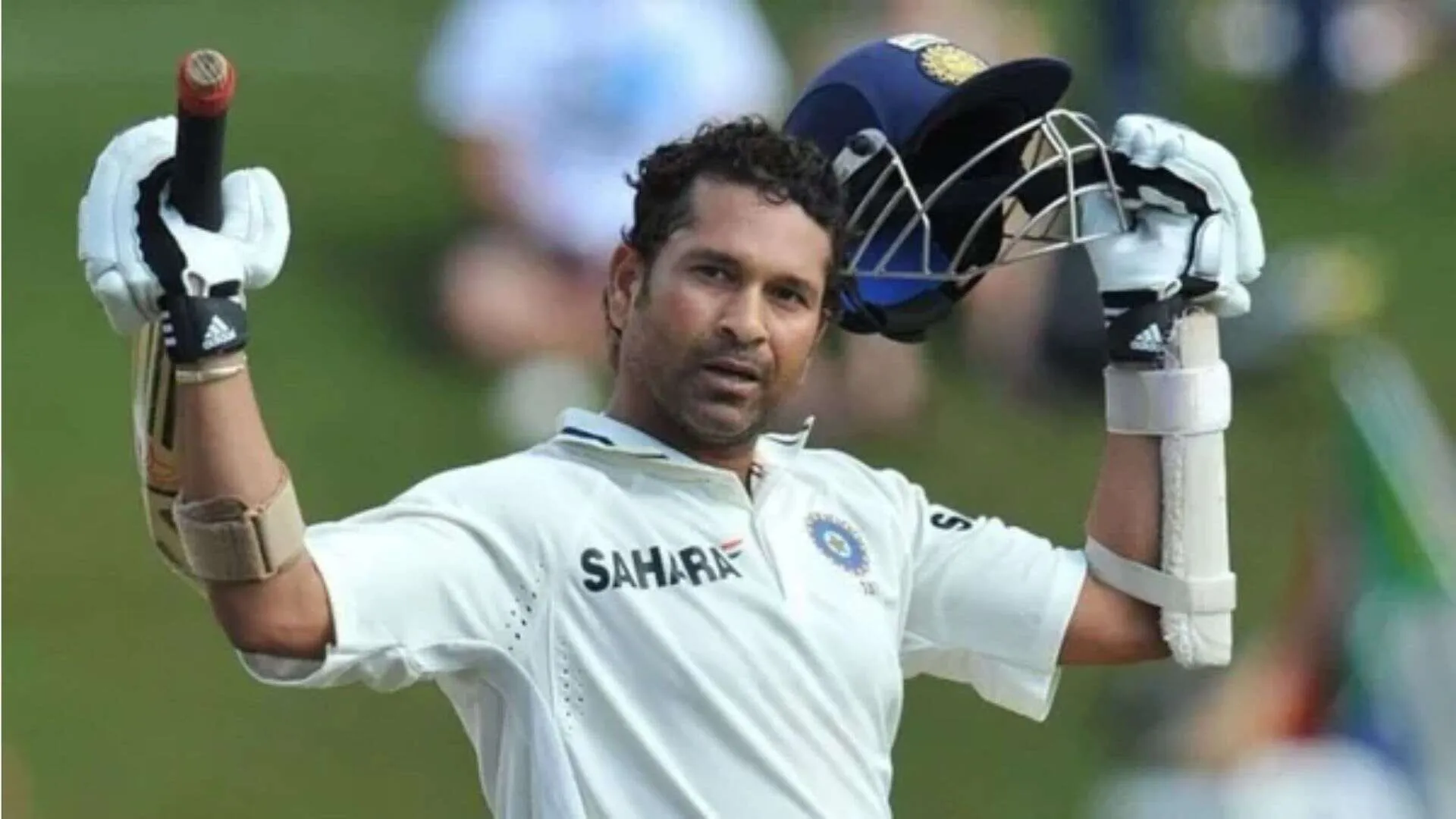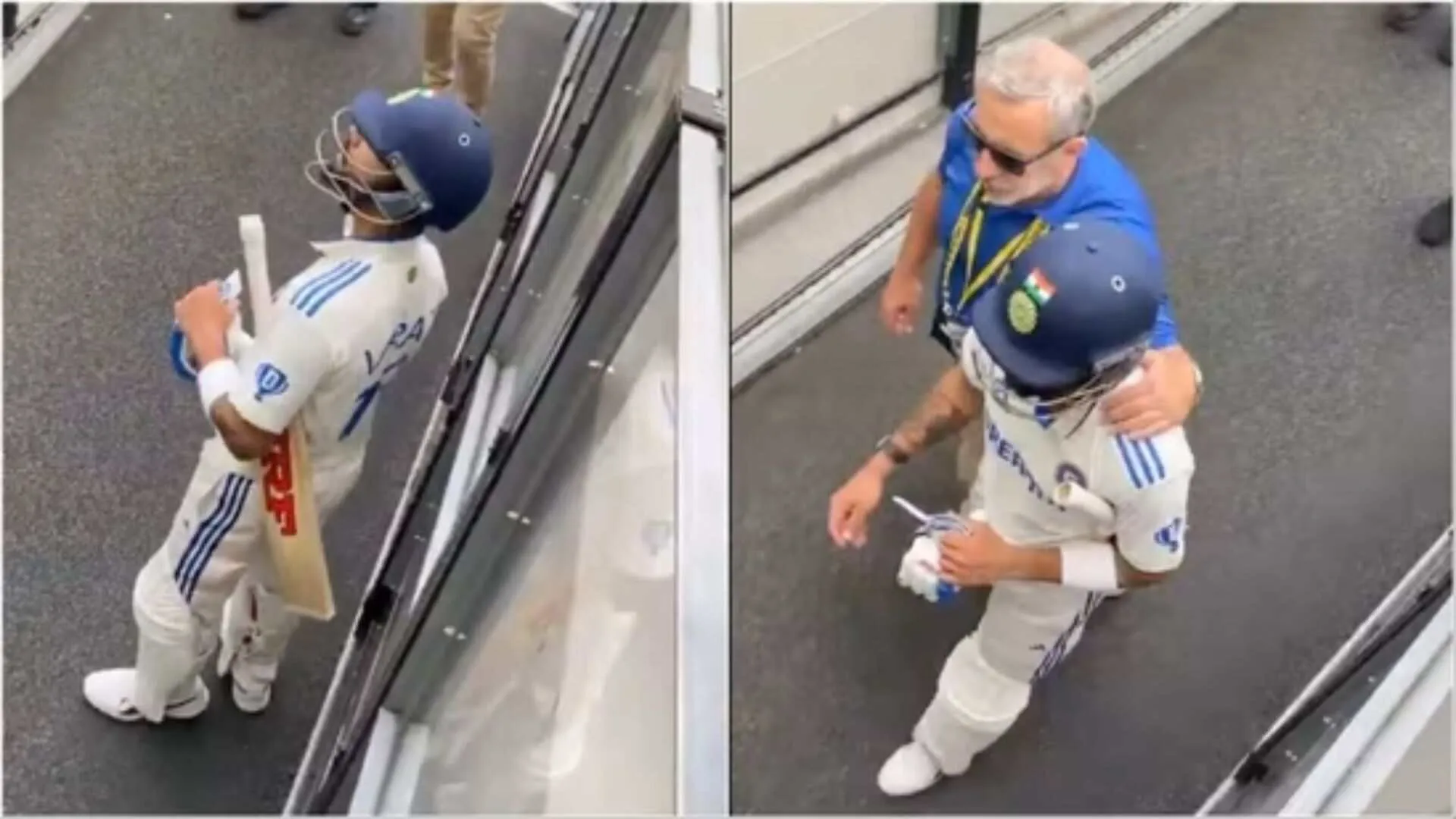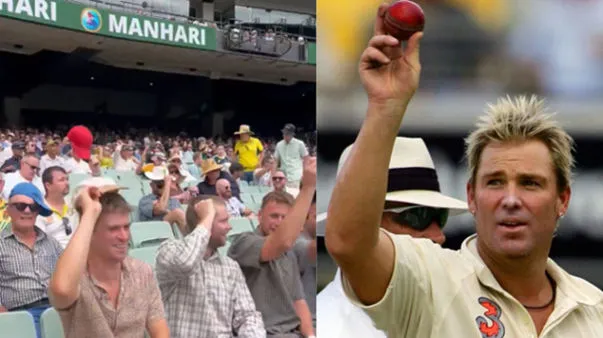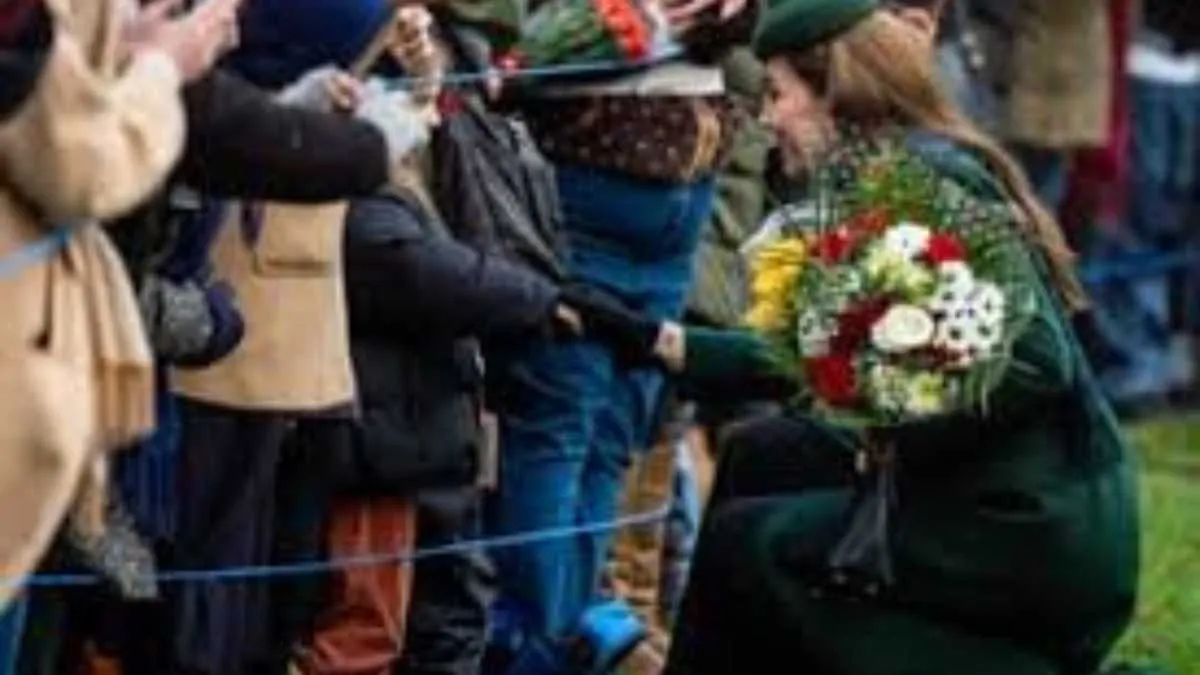NEW DELHI: A spine injury curtailed her tennis career as a player in 2015. But Namita Bal is a name who found a way to channelise her energy and stoke her dreams of guiding young players to be champions of the country. The 26 year old daughter of Nandan Bal easily one of the best coaches in the country. Namita has been coaching junior players and has recently been travelling for events in the men’s circuit as well. Excerpts:
Q: Namita, you started coaching in 2015. You have been working at the Nandan Bal Tennis Academy in Pune from 2015 with beginners, intermediate and advanced players. So, what do you feel is the role of a coach in a player’s success?
A: I feel a role changes as a player develops. There we play different roles in different stages of a player’s career. So, for me it’s always been about modelling my coaching style and adapting to what the player needs at that moment and what they are going through even off court. I think there is a lot to do sport as well as on board.
Q: In 2019, you were the captain of the Indian Junior Fed Cup which is now known as the Billie Jean King Cup. How was the experience and whom do you consider the strongest contender amongst the women playing for the Indian team?
A: With the junior team it was with any team event it’s always more exciting. The coach plays a far more active role. Then we do individual tournaments but right there on court and we are allowed to speak to the players between changeovers. So, it’s very interesting because we are always strategizing, we are always, there is always a change of game plans because the other coach is also trying to, you know, outsmart our players. So, it’s a lot of exciting team events. It’s always a different experience to be part of a team. For most of the players it’s the only chance they get in the juniors. That’s one for Under 14 and one for Under 16. So there are only these two tournaments that we have in the juniors to be part of a team and playing for the country is a huge honour in itself. So the experience is great for everybody involved, the players as well as the captains. As far as the juniors are concerned I think Shruti Allah is one of our strongest contenders who could go on to do very well. She has got the brain, she’s got the physique and she has got the versatility in her game to make it to the top.
Q: In India, being a tennis coach is a vocation that is generally reserved for men. So have you ever felt out of place or have people ever made you feel that way? How has it affected you?
A: People have definitely tried to make me feel that way, whether intentionally or not. But I don’t think it’s affected me that much. I know the issue is only visibility. There are more male coaches because people haven’t seen too many female coaches. It’s difficult for them to see a female coach play that role. But there are many more female coaches now than when I started. So it’s definitely getting better. I have not really let it affect me because I have known in my bones that this is what I am meant to do. So, whatever people have said has not fazed me. It’s not let me feel like I don’t belong here because I know that I would.
Q: You are obviously different from most of the counterparts. And that can be intimidating. Have you ever struggled with pressure or self doubt as a result of this?
A: 400 percent. I wouldn’t say as a result of that but self doubt is something I think everyone faces everyday in some form or the other. There is a lot of conditioning involved. We live in a society where we criticise far more often than we are placed. So, self doubt comes naturally to all of us. Criticism comes naturally to all of us. I think whenever we are going to get rid of our doubts, we are never going to get rid of our fears. But we can learn how to deal with them. We can learn how to convince ourselves that we are good enough and I think that’s what I do.
Q: You have also made forays into the men’s circuit. What has been the experience so far?
A: Initially it was pretty funny because like I said nobody saw too many female coaches especially those travelling with male players. So they work for you know their sister or them just a friend travelling with them. They never imagine that I was a coach. But it’s been great because I learnt how to stand my ground despite that. I was doing what I was meant to do. So it wasn’t an issue then. Initially it was a little weird because I was looked at strangely.
Q: And here emerges in Amita Bal out of her great struggles and of course the experience what is the significance of women role models like you in sports today?
A: For me I think the biggest significance would be like I said initially the visibility. I think it empowers younger girls to take up the sport not just tennis but any sport. It shows them that there is a future beyond what we’ve been conventionally taught that women should or shouldn’t do. Even if you discontinue playing the sport. There are many more avenues. There’s college tennis and you know the world, the world is a roster.
So, visibility is very important. I know that there was a handful of coaches when I started. And even fewer 10 years before that and I know I have a couple of role models in India Thakur from Delhi.
She is one of my role models, one of our first female coaches and I am up to her and I really loved how she taught how she changed herself depending on who she was coaching. And nothing that I don’t think I have even spoken to her about but it really did have a huge impact on me. So just I feel that if she could have that impact on one person I am hoping that the coaches that we have now can have that impact on many other women too or younger girls to pick up a sport and do what they want with their life.
Q: A major issue that women across the world struggle with is obviously body shaming. Have you ever had issues with your body image? And if yes, then how has it affected your life?
A: 100% have had issues and to honest, I still continue to I wouldn’t say struggle but that self doubt is there quite often because I have grown up being a tennis player, I have grown up identifying myself as being fit. So when I stopped playing and started coaching, I was terrified of saying that. I was terrified of losing my fitness, of losing the way I look, of losing my identity. I know a lot of my players where they are termed as too heavy to be playing or not strong enough to be playing. There are so many judgments that are passed but each body is different. It is different and we just got to use what we have. Play to our strengths. And know that we are strong enough. I think the biggest change for me was going from focusing on how I look to focusing on how I feel. And that’s made a huge difference. I am now focusing on how I feel eating a lot better, I am healthier, I am stronger and I still feel fit. I haven’t lost that.
Q: What sort of changes do you think need to be made in order to improve the role of women in sports?
A: I feel there should be a lot more done at the grassroots level, even schools like young, young children should be brought into sport as early as possible. Schools could do that. We see a lot of young boys playing cricket and football on the streets. There are not too many young girls that we see even though there are so many admirable female footballers and cricketers. You don’t see too many of them, too many kids on the street playing. So, getting schools to include that as part of their curriculum and like I said visibility would help with that. You know, just and it is better. It is better today than it was 10 years ago and I am sure 5 years will be even better.
Q: So, like moving on to some personal area of your life. Namita likes to do what if not tennis.
A: If not tennis definitely be outdoors and preferably outdoors with animals.
Q: Are you a movie freak? Do you like watching movies?
A: I do like watching movies but that’s only if I’m too tired to be outdoors. I’d rather be you know swimming or hiking or just like I said outdoors anywhere in nature with my dog.
Q: So who was your inspiration, Namita?
A: Definitely my father. Every player that I have taught has inspired me has taught me something on a daily basis and it could just be the way they handle a situation. It could just be the way they know and they talk to me about certain fears that they have. So whenever I see somebody overcome something, even if it’s for just one minute, it’s inspiring. It’s inspiring to do that because it inspires me to do better. It gives me those thoughts that I can be better and I can do better and also in some way gives me that happiness that I am able to do this, that I have been given the opportunity to do this. That inspires me.
Q: What are the upcoming tournaments that you are gearing up for?
A: So we’ve got the World Junior Tennis Finals coming up that India qualified for after I think eight years. We played in Delhi a couple of months ago. And we’ve qualified along with Korea, Japan and AustraliA: So that’s going to be in Czech Republic in the first week of August.

